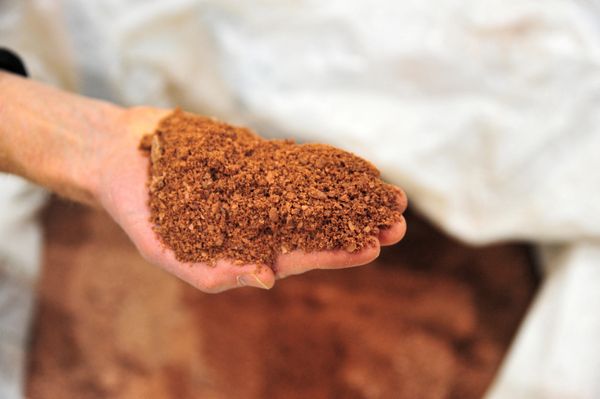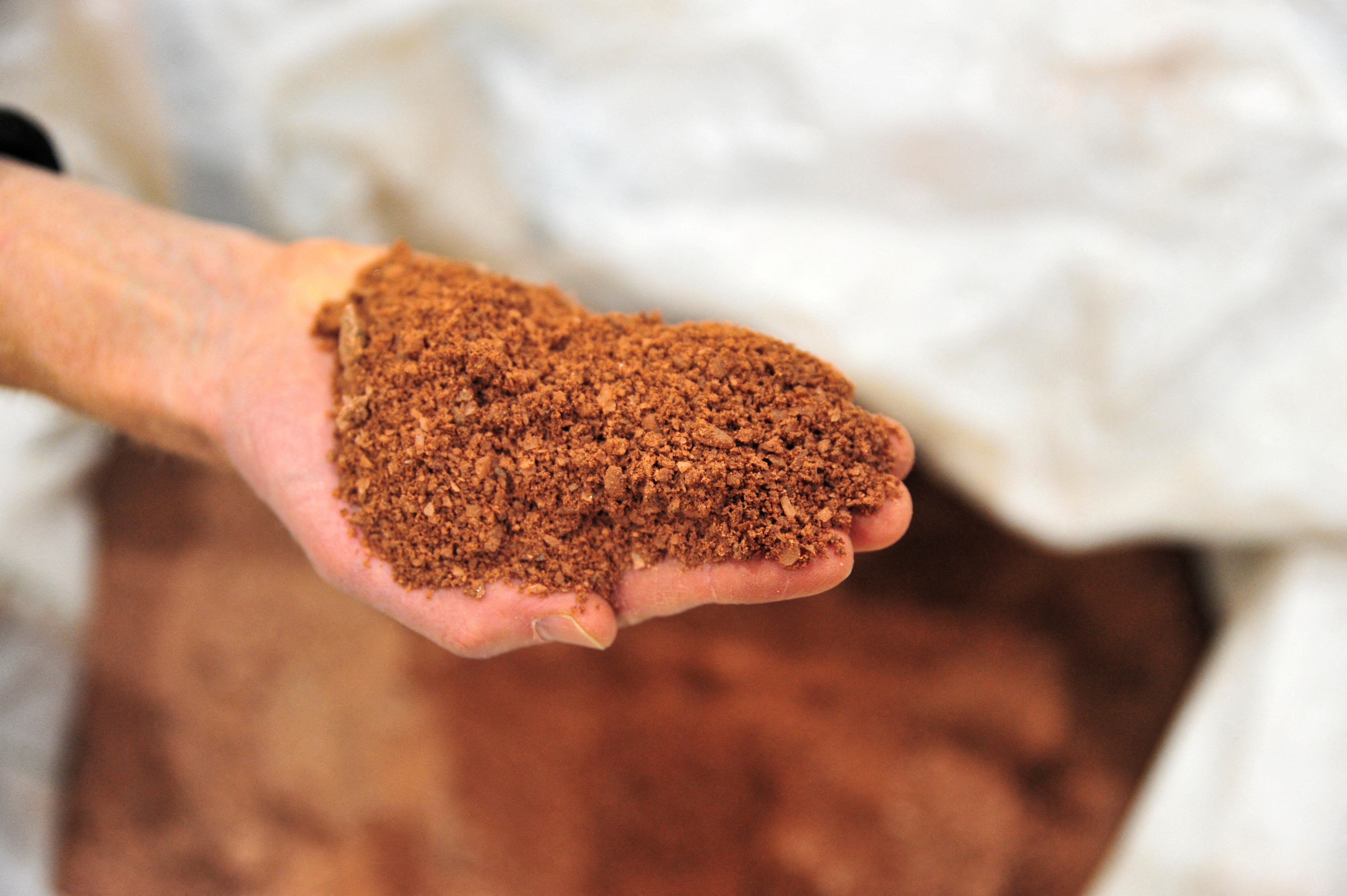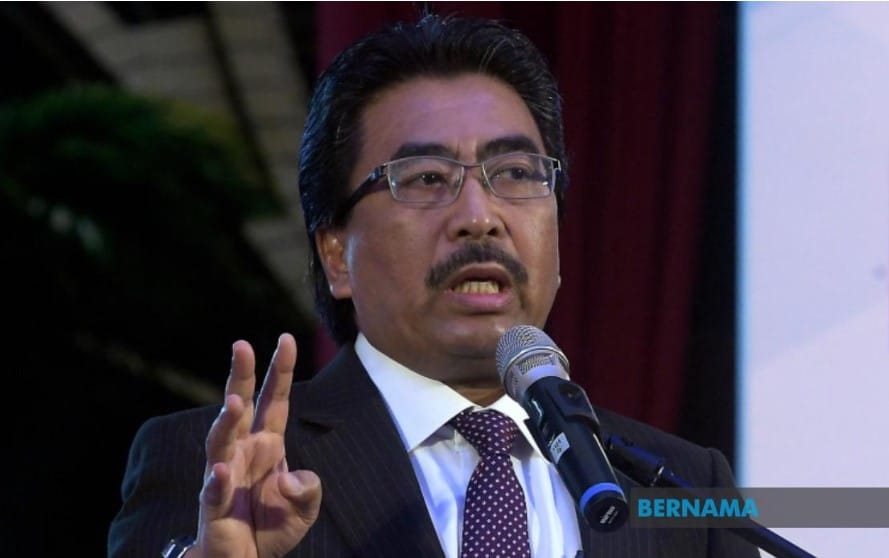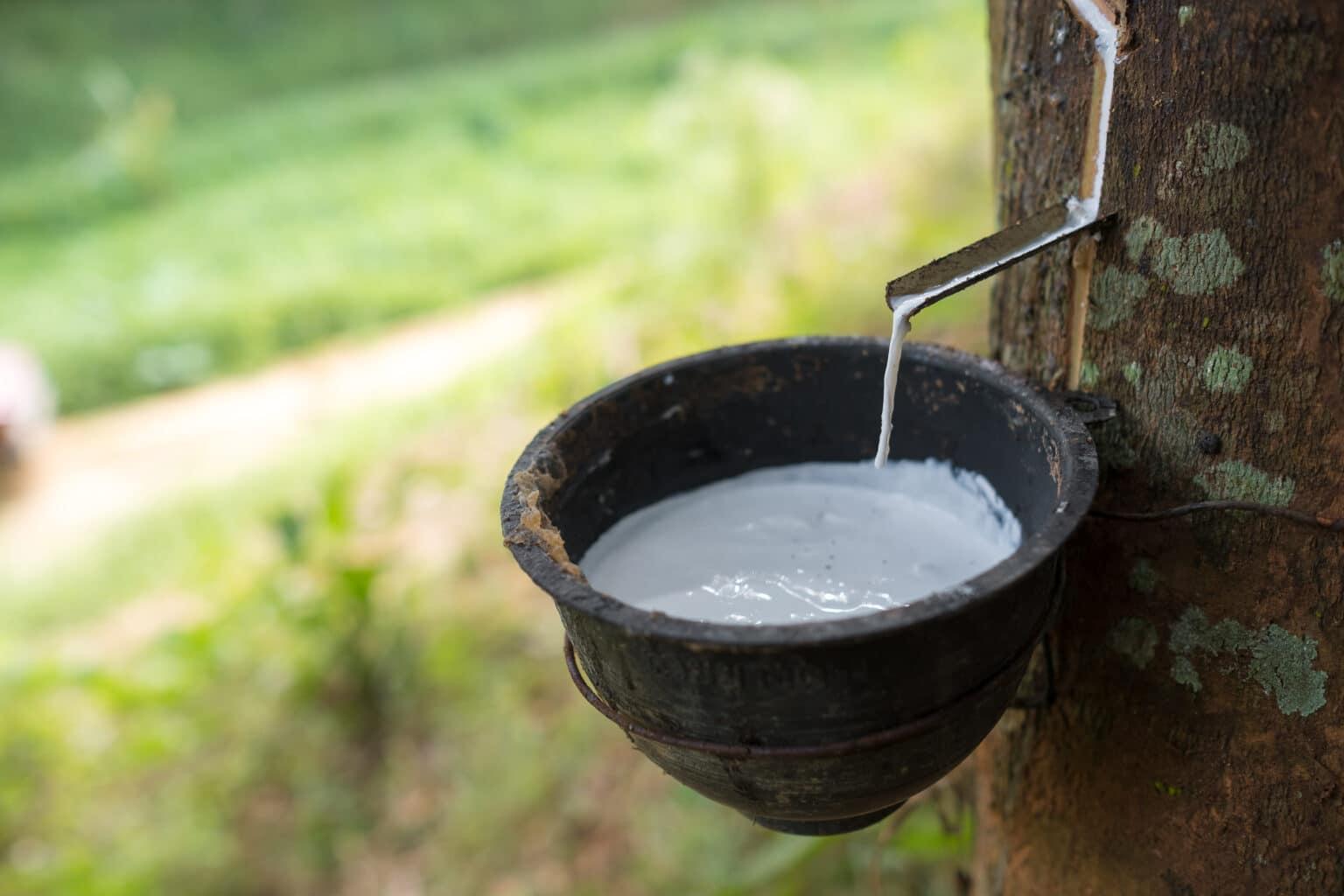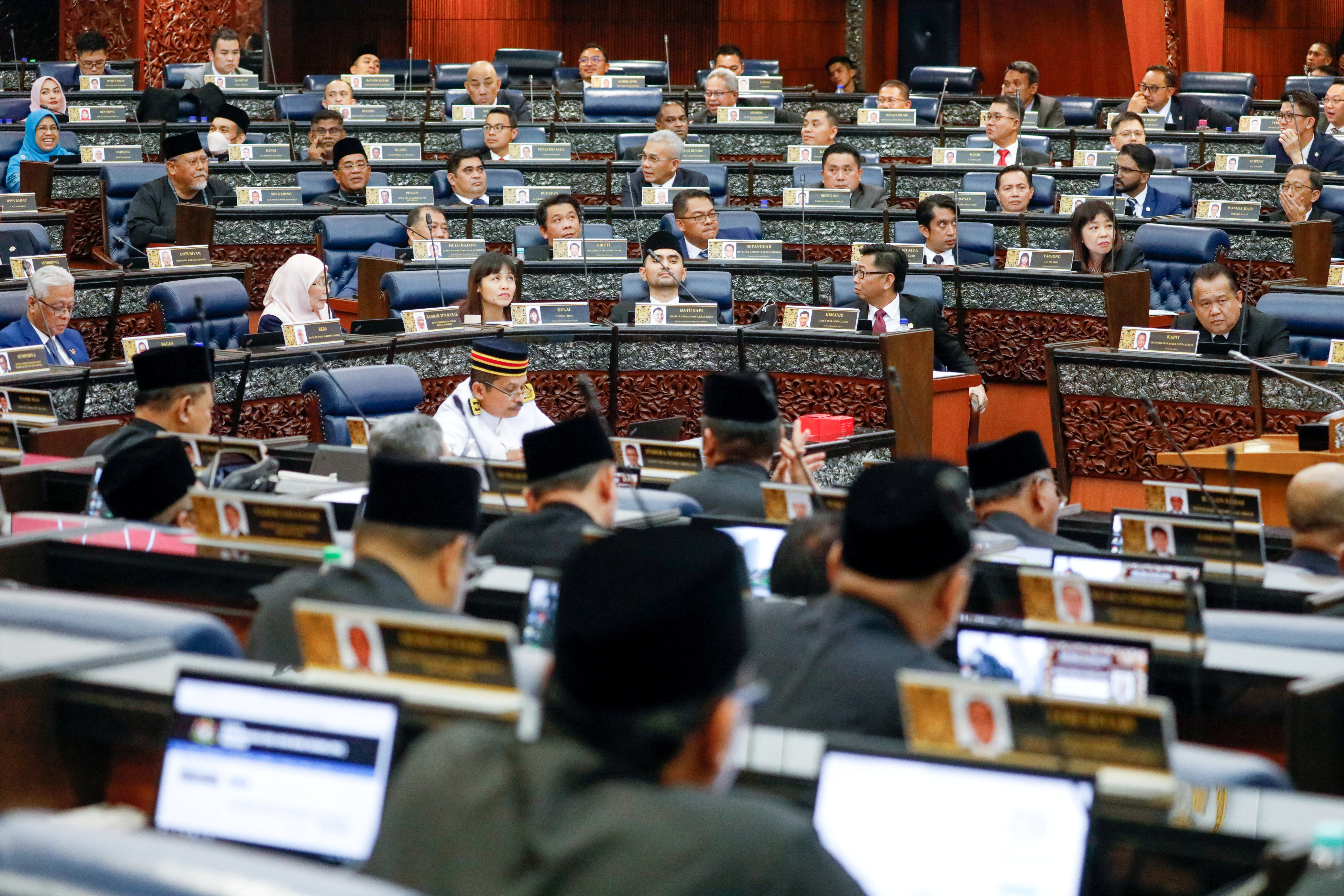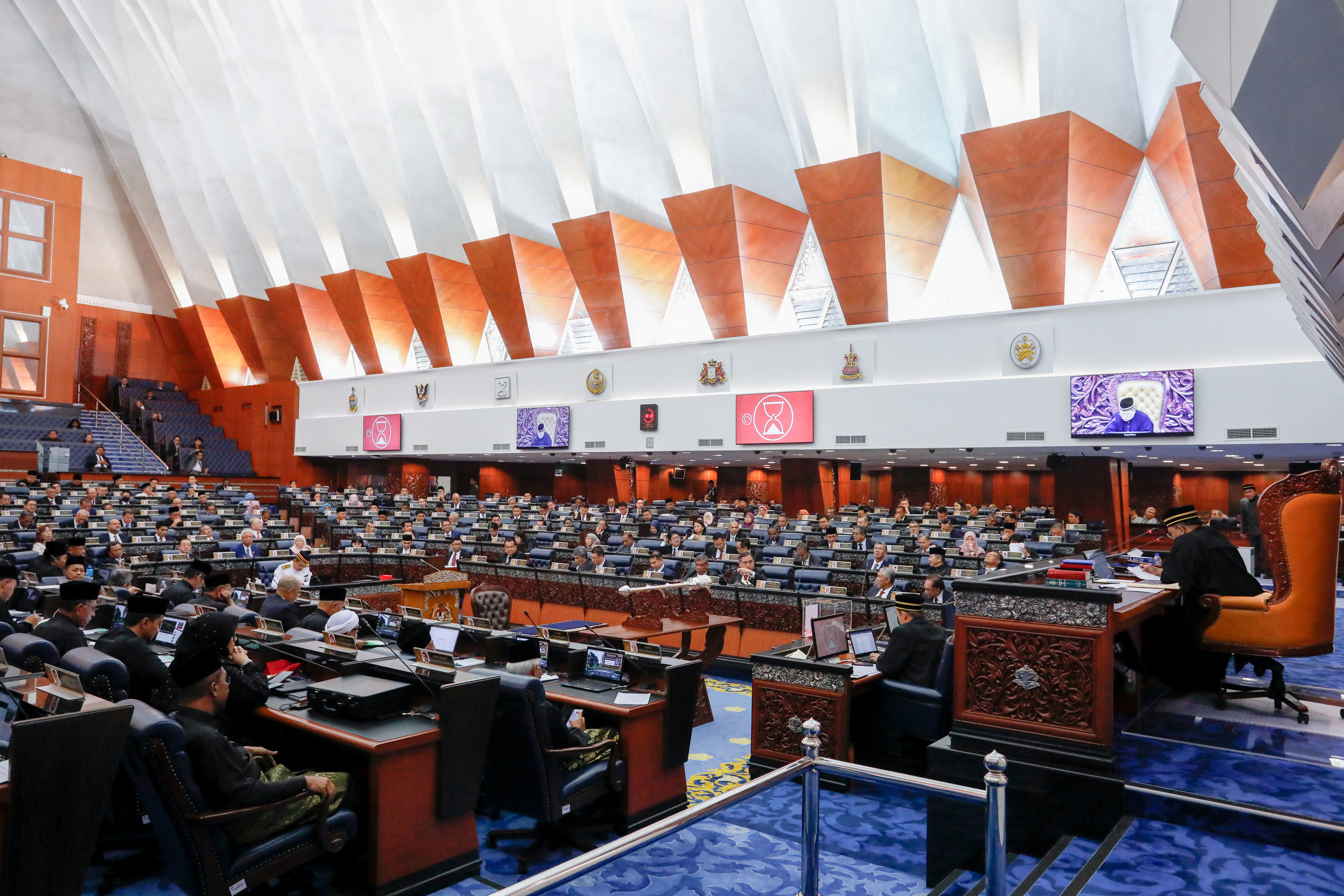KUALA LUMPUR, Nov 19 — The development of the rare earth element (REE) industry will go through a strict engagement process at the Federal and state government levels to ensure that the REE value chain is developed domestically.
Plantation and Commodities Minister Datuk Seri Johari Abdul Ghani said the Federal government will take into account environmental aspects and the export of REEs, while the state government is directly involved in granting permission to mine the mineral.
“We want to ensure that these REEs are not exported arbitrarily because we want to ensure that upstream, midstream and downstream REE activities are developed within the country.
“REE development cannot be done quickly because Malaysia does not yet have the expertise and technology on a commercial scale to carry out REE mining,” he told the Dewan Rakyat in reply to Kubang Pasu MP Ku Abd Rahman Ku Ismail's query on the development of REEs.
Commenting on concerns about the risk of 'modern colonisation' through foreign interest in the country’s REE resources, Johari, who is also the acting Natural Resources and Environmental Sustainability Minister, stressed that Malaysia has a strong legal structure and approval process.
"Investors must go through our process. We will look at the location, reserve value, potential for factory construction, job opportunities, and revenue for the state.
"We are a sovereign country and we defend our rights," he said.
Touching on the constraints facing the country, Johari said the lack of expertise in developing the REE industry has forced Malaysia to rely on external technology to carry out REE development activities.
"Malaysia does not yet have a processing plant capable of separating high-value REEs commercially, and currently, the global value chain for REE processing and separation is dominated by China, and it also controls the export of REE-related technology," he said.
Taking the example of mining in Perak, Johari said that local companies have partnered with Chinese companies for mining, and the minerals are shipped to China for processing.
"The state government only gets tribute; we do not want that to happen again," he said.
Johari added that the constraints faced by the country make it difficult for Malaysia to develop the entire value chain, from mining and processing to the production of value-added products.
Malaysia also faces a lack of comprehensive data on the location, quantity, grade, and land-use status of REE resources.
“The initial estimate of REE by the Mineral and Geoscience Department is still at the inferred resource level and requires further detailed studies to determine the actual amount that can be mined economically and sustainably,” he said.
Due to constraints on developing the REE industry, the government has formulated a strategy for its development in phases, covering the short term from 2025 to 2027, the medium term from 2027 to 2030, and the long term after 2030.
“In the short term, the moratorium policy on crude exports is maintained to encourage investment and also refining, separation and production of value-added products in the country," Johari said.
Earlier, it was reported that the country's non-radioactive REE (NR-REE) resources are found in 10 states: Johor, Kedah, Kelantan, Melaka, Negeri Sembilan, Pahang, Perak, Sarawak, Selangor, and Terengganu.


